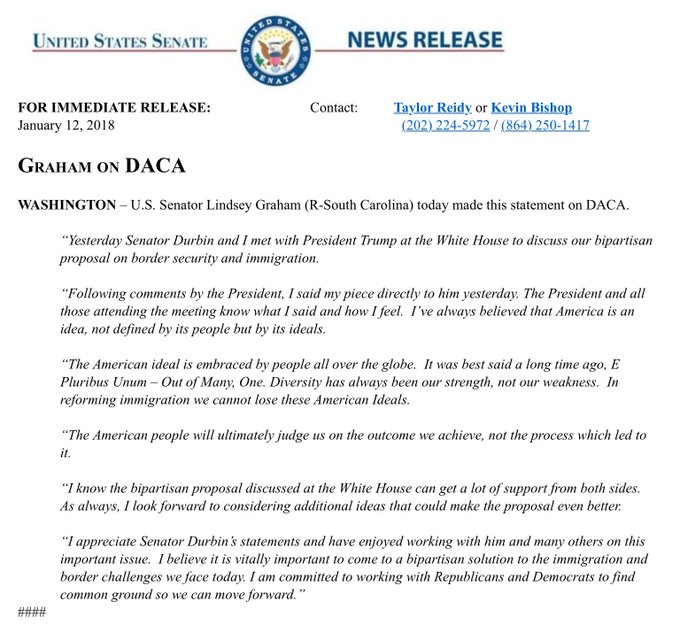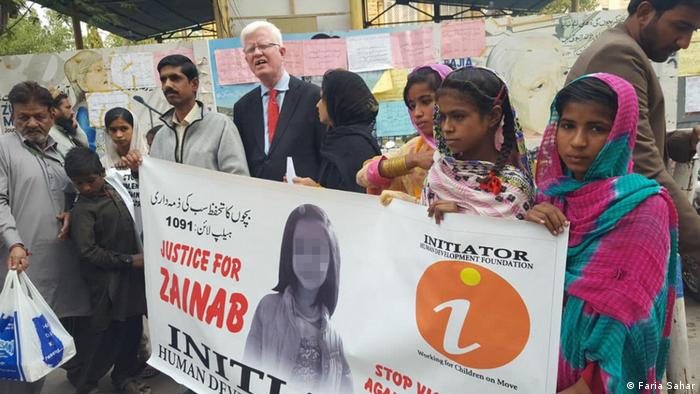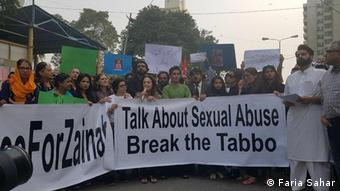M WAQAR..... "A man's ethical behavior should be based effectually on sympathy, education, and social ties; no religious basis is necessary.Man would indeed be in a poor way if he had to be restrained by fear of punishment and hope of reward after death." --Albert Einstein !!! NEWS,ARTICLES,EDITORIALS,MUSIC... Ze chi pe mayeen yum da agha pukhtunistan de.....(Liberal,Progressive,Secular World.)''Secularism is not against religion; it is the message of humanity.'' تل ده وی پثتونستآن
Friday, January 12, 2018
Bill Clinton on 's---hole' comment: The countries described 'do not exist'
BY JULIA MANCHESTER
Former President Clinton pushed back on President Trump's reported comments calling Haiti, El Salvador and African nations "shithole countries" on Friday, saying the countries the president described with his comments "do not exist."
"I’ve traveled and worked in Haiti, and across Africa and Central America. The countries the president described with his epithet do not exist," Clinton said in a tweet.
I’ve traveled and worked in Haiti, and across Africa and Central America. The countries the president described with his epithet do not exist. Some thoughts as we remember those lost in Haiti eight years ago today: https://www.facebook.com/billclinton/posts/10155348846042252 …
The former president, in a Facebook post, went on to express his admiration for the people of Haiti on the eight-year anniversary of the earthquake that took the lives of thousands of people on the island.
"Working in Haiti, for the [United Nations] and as a private citizen, is one of the great honors of my life. I have found the people to be creative, hardworking, brave, and persistent," Clinton said.
Clinton's comments come after The Washington Post on Thursday reported on the president's comments about the countries made during a bipartisan meeting with lawmakers on immigration reform.
Trump denied making the comments in a tweet on Friday.
The comments have drawn outrage on both sides of the aisle.
A frequent Trump ally, Gov. Rick Scott (R-Fla.), blasted the remarks, calling them "absolutely wrong" if true.
Clinton's wife and 2016 Democratic presidential nominee Hillary Clintonalso ripped the remarks, dubbing them "racist" and "ignorant."
Hillary Clinton: “We’re Subjected To Trump’s Ignorant, Racist Views”
By Greg Evans
Hillary Clinton has joined the roiling condemnation of Donald Trump and his controversial remarks about Haiti and some African nations, calling the president’s views “ignorant” and “racist.”
The president’s vulgar slur – during an Oval Office meeting with members of Congress to discuss immigration, he called some African countries “shitholes” and questioned why the United States needed “more Haitians” – has drawn continuing responses from Hollywood celebrities and Beltway pundits. Now his former rival for the White House is weighing in.
“The anniversary of the devastating earthquake 8 years ago is a day to remember the tragedy, honor the resilient people of Haiti, & affirm America’s commitment to helping our neighbors. Instead, we’re subjected to Trump’s ignorant, racist views of anyone who doesn’t look like him.”
Republican Senator Lindsey Graham issued his own statement shortly after Clinton, and he didn’t deny that Trump made the comments (Trump has been more wily about it, seeming to parse which countries, specifically, he called “shitholes”),
“Following comments by the President,” Graham said in the statement, “I said my piece directly to him yesterday…I’ve always believed that America is an idea, not defined by its people but by its ideals.” He added, “Diversity has always been our strength, not our weakness.”
See both the Clinton and Graham statements below:
The anniversary of the devastating earthquake 8 years ago is a day to remember the tragedy, honor the resilient people of Haiti, & affirm America’s commitment to helping our neighbors. Instead, we‘re subjected to Trump’s ignorant, racist views of anyone who doesn’t look like him.
http://deadline.com/2018/01/hillary-clinton-donald-trump-ignorant-racist-views-1202242031/
U.S. - Media Euphemisms For ‘Racist’ Are Stupidly Tinged
By Julia Craven
Donald Trump is a racist. Just say it.
President Donald Trump is a racist. This is a straightforward statement of fact. It was true in 1973, when the Justice Department sued the company run by him and his father for discriminating against black potential tenants; and it was true in 1989, when Trump took out a racist ad in New York City newspapers calling for the reinstatement of the death penalty in the case of the Central Park Five; and it was true on Thursday, when Trump referred to African nations and Haiti as “shithole” countries and wondered why the U.S. couldn’t get more immigrants from countries like Norway.
But news organizations, whose nominal business is putting true things on the page, don’t like calling racist things racist. They prefer euphemism, distance, coyness. A racist slur becomes a “racially tinged” or “racially charged” remark, as if race itself were anything but the product of racism. One would think Trump is too oafish and explicit for the old damping genteelism of the media. One would be wrong. With a few notable exceptions — CNN’s newscasts in particular, where Don Lemon and Anderson Cooper were refreshingly explicit — the media fell back on its traditional circumlocutions.
A few examples from news stories that either didn’t use “racist” at all or used it only when ascribing the characterization to someone else and not as a statement of fact:
The Washington Post: “racially charged,” “crude reference,” “racially incendiary,” “disparaging,” “vulgar,” “expressed a preference for immigrants from Norway.”
The Associated Press: “bluntly vulgar language,” “accused of racism,” “the most controversial of his remarks: using the word ’shithole,’” “contemptuous blanket description,” “charges that the president is racist.”
BuzzFeed: “distasteful,” “the statement,” “intense criticism that his remarks were racist,” “derogatory.”
Newsweek: “disparaging,” “the comments,” “the slur” (referencing “shithole”), “vulgar,” “controversial,” “profanity” (referencing “shithole”).
HuffPost: “racially charged,” “that language,” “shockingly vulgar remark,” “such language,” “insult,” “harsh language.”
Politico: “racially charged,” “derogatory,” “this particular phrase,” “vulgar and derisive,” “explosive,” “the controversy.”
Los Angeles Times: “the slur,” “cruder and blunter,” “disparaging,” “appalling,” “insulting,” “off-the-cuff,” “outrageous, immature, inhumane and vulgar,” “an attack on people of color around the world,” “racially charged,” “insensitive and highly offensive,” “racial provocations.”
Pakistan child rape and murder case 'just tip of iceberg'
The rape and murder of Zainab Ansari, a seven-year-old Pakistani girl, have shocked the country. People demand justice for the girl's family, but there isn't much discussion on the issue of child protection in Pakistan.
In the eastern city of Kasur, people are protesting lack of progress in finding those responsible for the kidnapping, rape and murder of seven-year-old Zainab Ansari. At least two people have died during violent clashes between police and protesters.
The country is in a state of shock, with social media flooded with messages of solidarity with Zainab's family and anger at the provincial government of Punjab. Vigils and demonstrations are being held in all major Pakistani cities.
Zainab disappeared last week while returning from a Quranic studies class to her aunt's house; her body was found in a pile of garbage on Tuesday near her home in Kasur in Pakistan's Punjab province. She was the eighth child to have been found raped and murdered in Kasur over the past year, according to a police official anonymously quoted by AFP news agency.
"I have no information about any arrest in my daughter's murder case," Zainab's father Amin Ansari told Tanvir Shahzad, DW's correspondent in Lahore. "I demand that the government arrests the culprits and punish them so that other young girls don't meet the same fate," Ansari added.
"We are now afraid of letting our children leave the home," Ansari said in televised comments. "How was our child kidnapped from a busy market?"
In August 2015, Kasur came to the world's attention via a child abuse and extortion scandal involving at least 280 children who were filmed while being sexually abused by a gang of men. The men then blackmailed the children's parents by threatening to release the videos. The scandal sparked countrywide condemnation and anger against authorities.
On Thursday, the body of a 15-year-old girl, who was allegedly raped and murdered, was found in the city of Sargodha, Pakistan's Dawn newspaper reported.
After every incident of child abuse, the debate in Pakistan focuses on the government's inefficiency to act against the perpetrators of the crime. What is missing from the discussion is the larger issue of child protection in Pakistan.
Child protection education
Maria Rashid, an Islamabad-based psychologist and rights activist, says there is "no one solution to the issue of child sexual abuse."
"Any effective response [to the issue] has to be multipronged and must include interventions such as more effective and specific legislation around sexual abuse of minors. The implementation of laws is equally important. It involves resource allocation, sensitization and training of law enforcement agencies, health and legal officials, as well as child protection information for parents, schools and children themselves," Rashid told DW.
"Children are vulnerable to sexual abuse all over the world. In Pakistan, the dynamics that make them vulnerable are two-fold: impunity for perpetrators, which is reflective of the overall weak and easily manipulated criminal justice system compounded by low priority given to crimes of this nature by authorities; taboos around issues related to sexuality and the tendency to confuse child protection information with sex education as a result of which children are vulnerable to sexual violence and predators," Rashid underlined.
While cases of brutal murders and rapes of minors often catch people's attention, domestic sexual abuse of children, which activists say is widespread in Pakistan, is generally a tabooed topic in the country.
"A larger number of survivors of child sexual abuse suffer in silence as they do not have the language to describe what is happening to them. Zainab's case is just the tip of the iceberg," Rashid said.
Rampant abuse
"Child abuse takes place in almost all parts of Pakistan. Kasur has been in the spotlight because such cases were reported there in the past," Manizeh Bano, director of the non-governmental organization Sahil, told DW.
"Kasur is particularly exposed to such crimes because child labor is also rampant in the city. Those involved in abusing children feel they can get away with their crimes," Bano added.
Women rights activist Mumtaz Mughal says the government wakes up to such cases when they are reported in the media, but hasn't done anything to introduce legislation and mechanism to prevent child abuse.
Pakistani rights activists say they had put forward a number of suggestions to the government after the 2015 child abuse scandal in Kasur, but authorities haven't implemented them.
"Finding Zainab's killers must be an important priority for authorities, especially as in this case it seems that this is not a lone incident in this area and other children are at risk," activist Maria Rashid noted.
"Sadly, after initial media hype and response to rape and child abuse cases by state authorities, people forget about them. There is no long-term redressal of the issue and it is treated more as an anomaly rather than a widespread problem that needs to be tackled at various levels and through sustained effort," she stressed.
Subscribe to:
Comments (Atom)






